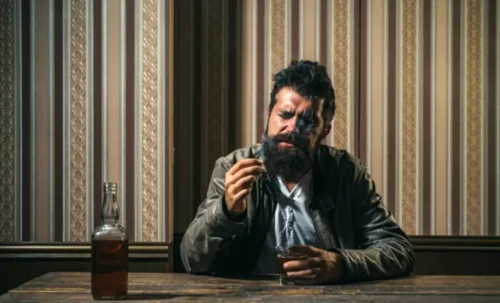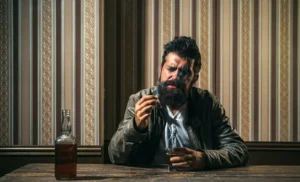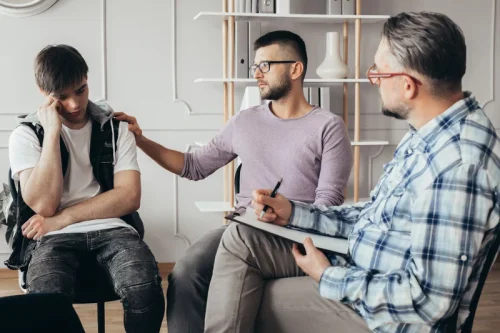
These can happen during arousals from rapid eye movement (REM) sleep or non-rapid eye movement (NREM) sleep. Vivid dreams and nightmares — With alcohol in your system you’re more likely to have intense, colorful dreams and nightmares as you sleep patterns ebb and flow. You may or heroin addiction may not remember them, but they can be lucid or give you a feeling that you are half awake and half asleep. Some people may resort to drinking alcohol as a sleep aid or agent that initiates sleep.
Drinking can equal a disturbed night’s sleep
- However, it’s crucial to understand the underlying mechanisms at play and the potential long-term consequences of relying on alcohol for sleep.
- If your drinking is medicinal, it’s time to look for safer, more effective ways to cope.
- What works as a mild sleep aid for one person may cause significant sleep disruptions for another.
- For example, people with moderate or severe anxiety who use alcohol in hopes of sleeping better are actually more likely to have sleep problems.
- Consuming alcohol can help a person fall asleep because alcohol is a depressant.
- Each stage is necessary for sleep to feel refreshing and for vital processes like learning and memory consolidation to occur.
These practices can help enhance the potential benefits of a nightcap while minimizing its negative impacts. Natural sleep aids and supplements, such as melatonin, magnesium, and valerian root extract, are also popular alternatives to alcoholic nightcaps. However, it’s important to consult with a healthcare professional before starting any new supplement regimen, as these products can have side effects and interactions with medications.
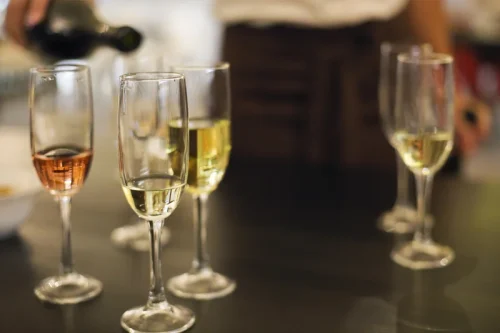
Does Sleeping Sitting Up Help Sleep Apnea?
- Yes, alcohol consumption can exacerbate sleep apnea symptoms by relaxing the muscles in the throat and increasing the likelihood of airway obstruction during sleep.
- Because it begins on January 1, some people participate in Dry January to kick-start a New Year’s resolution to cut back on alcohol.
- Sleep deprivation due to alcohol consumption can exacerbate performance impairment and daytime sleepiness.
- When you’re in the first two stages, you’re in “light sleep.” When you’re in the third stage, you’re in “deep sleep.” And the fourth stage is your “vivid,” or dream, stage.
These fluctuations play a vital role in the sleep-wake cycle, and when they are weakened—or absent—a person may feel alert when they want to sleep and sleepy when they want to be awake. These sleep-disrupting consequences of alcohol consumption are most often found in people who have three or more drinks before sleeping. But even light drinking close to bedtime has the potential to interfere with sleep. Drinking alcohol can interrupt a person’s sleep-wake cycle and may contribute to insomnia in people who https://ecosoberhouse.com/ rely on alcohol’s sedative effects to initially fall asleep. After drinking alcohol, a person with OSA is prone to having more and longer-lasting breathing disruptions.
What you can do if your sleep is impacted
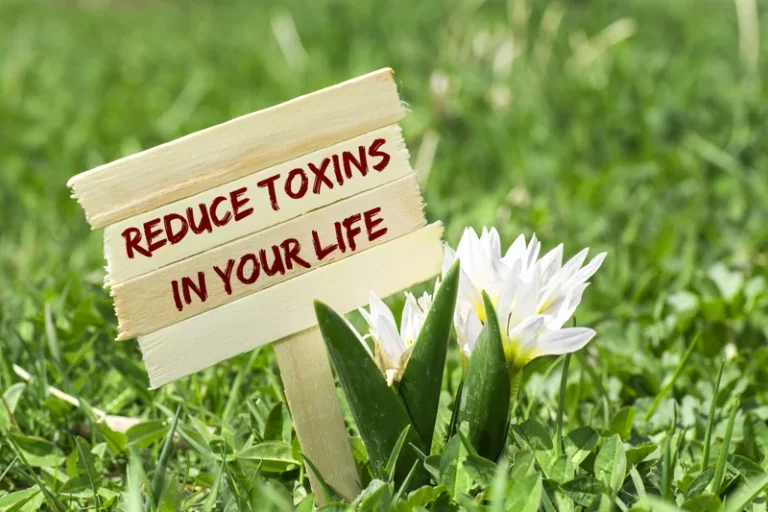
Yules, Freedman, and Chandler (1966)studied three young non-alcohol dependent, men over 5 nights of drinking, with 1g/Kgethanol administered 15 minutes before bedtime. Yules,Lippman and Freedman (1967) studied four young men over three or five nights ofdrinking with 1 g/Kg ethanol administered 4 hours before bedtime. The appeal of using alcohol as a sleep aid stems from its initial sedative effects. Many individuals find that a drink or two helps them feel more relaxed and fall asleep more quickly. This perceived benefit, combined with cultural traditions and social norms, has contributed to the enduring popularity of nightcaps. However, it’s crucial to understand the underlying mechanisms at play and the potential long-term consequences of relying on alcohol for sleep.
Alcohol can relax the muscles in the throat, increasing the risk of obstructive sleep apnea, a condition characterized by repeated episodes of breathing interruptions during sleep. If sleep issues persist despite maintaining sobriety and practicing good sleep hygiene, it may be beneficial to seek professional help. Sleep specialists can provide targeted interventions and treatments to address any underlying sleep disorders or persistent sleep difficulties. It’s also important to consider the possibility of underlying sleep disorders. In some cases, alcohol may have been masking or exacerbating pre-existing sleep issues. While alcohol doesn’t metabolize faster during sleep, it can interfere with the diagnosis and treatment of sleep disorders.

Obstructive Sleep Apnea

However, while alcohol may hasten the sandman, it can negatively impact can alcohol help you sleep sleep quality. For example, people who’ve had alcohol may experience more frequent periods of lighter sleep or being awake, especially during the second half of the night. So after a few drinks, you’re likely to have increased wakefulness and more light sleep. Since alcohol adversely affects a person’s sleep quality, they’re likely to feel fatigued during the day, leading them to drink coffee or energy drinks to stay awake and sedate themselves with alcohol at night. These people will likely find they have to drink more and more as time goes by to overcome the tolerance they have built up to alcohol’s sedative effects. This issue creates a vicious cycle that will never leave a person feeling well-rested.
- One of the side effects of alcohol is drowsiness, so it can make you fall asleep quickly.
- Many people turn to alcohol to cope with difficult feelings, but alcohol may end up having the opposite effect if it interferes with sleep.
- These are called hypnic jerks and sleep starts and are totally normal as your body and mind relax into a sleep state.

